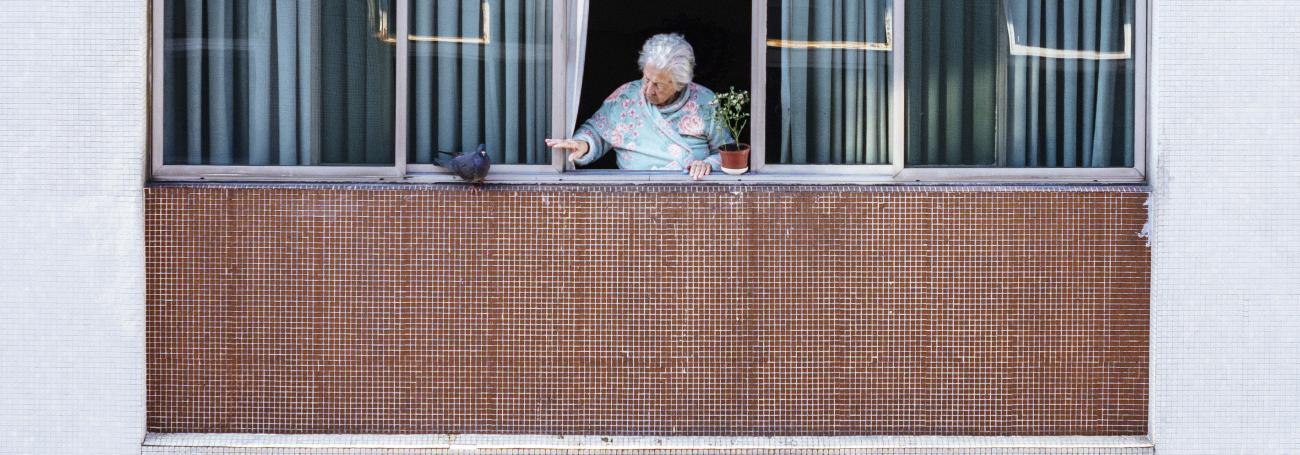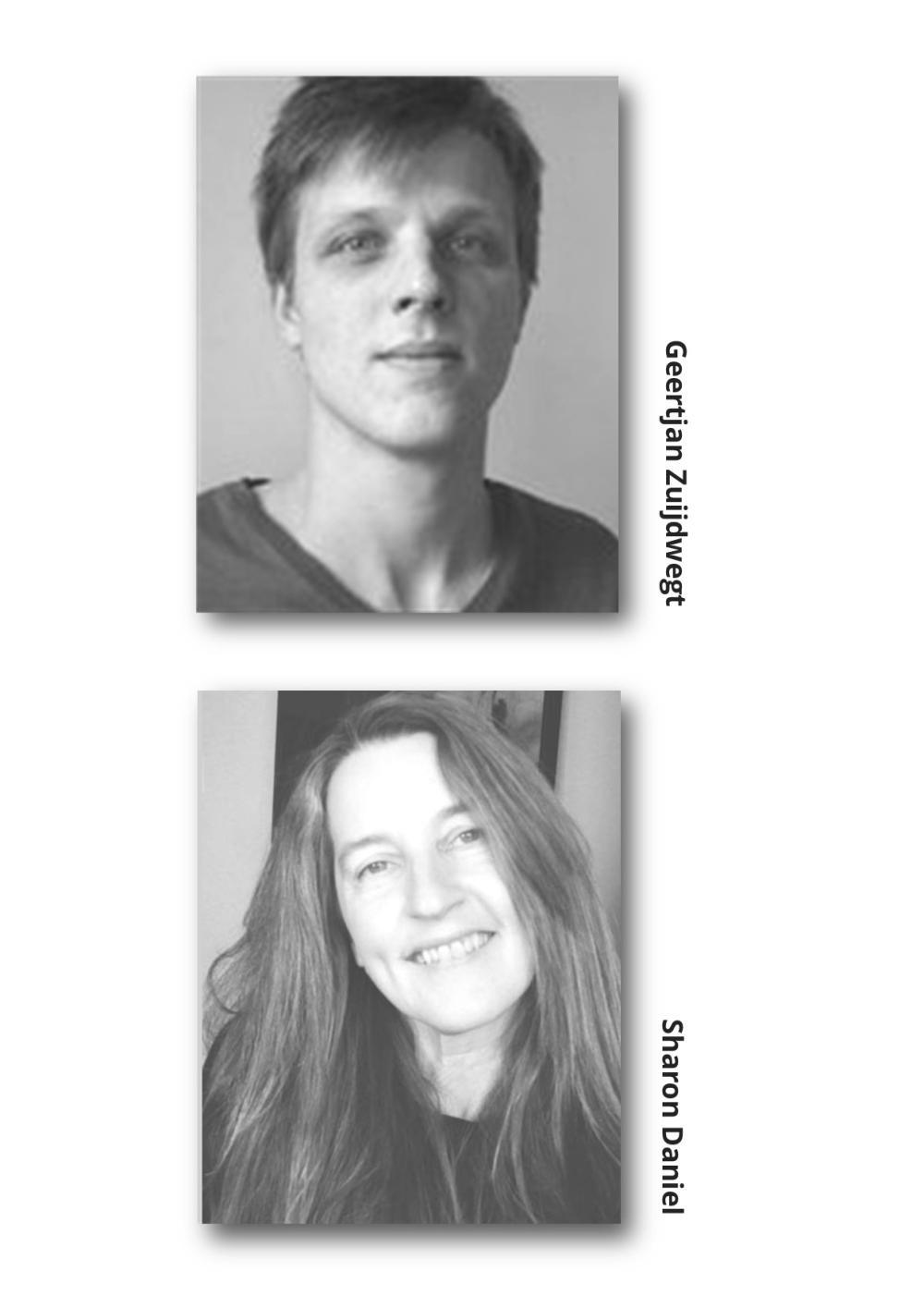
Geertjan Zuijdwegt is a post-doctoral researcher at the Center for Religion, Ethics and Detention at the Leuven Institute of Criminology, Catholic chaplain in the prison of Leuven Centraal and associate European coordinator of RESCALED, a movement advocating for small-scale, differentiated and community-integrated forms of detention.
During the Covid-19 lockdowns, many people active in the justice sector have drawn parallels between being confined at home and being confined in prison. Although there is some sense to these parallels as far as deprivation of liberty it concerned, they break down when it comes to the social meaning attached to confinement. Ordinary citizens in lockdown where actively encouraged to view their confinement as an act of solidarity or even heroism. Prisoners, by contrast, are experience their confinement as rejection by society. There are, nevertheless, structural similarities in how our society deals with crime and how it deals with Covid-19. This is especially evident in the way we are encouraged to think of one another primarily as bearers of risk, and in the way the value of security trumps all other values.
Sharon Daniel is an artist and media activist who creates interactive and participatory documentaries focused on issues of social, racial and environmental injustice, with a particular focus on mass incarceration and the criminal justice system. Daniel is a Professor in the Film and Digital Media Department at the University of California, Santa Cruz, US.
Prisons and jails in the US are notorious incubators and amplifiers of infectious diseases where social distancing and basic sanitation are impossible. As Covid-19 lockdowns have ended visits by lawyers and family members, it is increasingly difficult to know what is going on inside, but desperate prisoners are writing letters and using their limited phone privileges to reveal the inadequate response of carceral systems across the US and call for help. Sharon Daniel will discuss her current effort to document the evolving history of the pandemic's impact on incarcerated people by collecting the testimony of prisoners from multiple sources into a chronologically organized, interactive interface online. The project, titled “Exposed”, is intended to increase awareness of this critical danger that Covid-19 presents in prisons and jails and to advocate for prisoners' lives. It will be continuously updated as the crisis continues.
This discussion will be moderated by Anna Matczak (Poland/ The Netherlands), Lecturer in Comparative Criminology at The Hague University of Applied Sciences, Netherlands.


